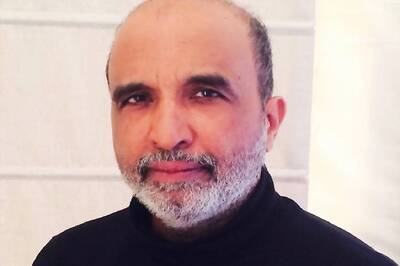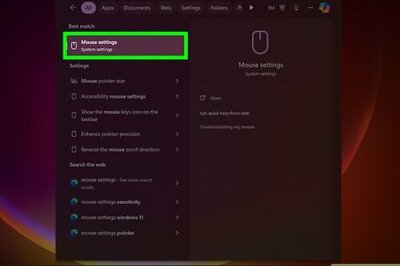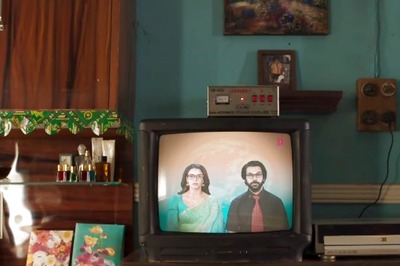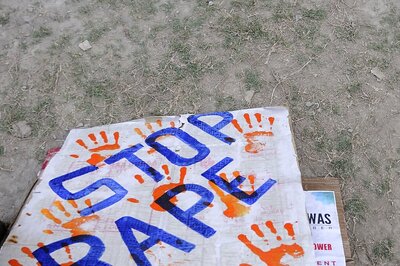
views
New Delhi: With just few months left for the assembly elections in Delhi, the Centre on Wednesday approved the proposal to grant ownership rights to people living in unauthorised colonies. The move is set to benefit 40 lakh people.
Welcoming the Centre’s decision, Delhi chief minister Arvind Kejriwal said that the union cabinet has prepared the road map based on Delhi government’s proposal sent in July. “We want the central government to start the process immediately. There should be no further delay,” he added.
The regularisation of unauthorised colonies, which comprise a significant population of the capital city, has long been a political issue and a poll promise of all major parties over the years. The current Aam Aadmi Party government had also promised to regularise these colonies when it came to power in 2015.
A total of 1,797 unauthorised colonies in Delhi, spread across almost all the 70 assembly constituencies, have been approved for regularisation. As per data, there are more than 50 unauthorised colonies across at least 12 assembly constituencies. These seats are Burari, Gokalpur (SC), Narela, Bawana (SC), Mundka, Kirari, Vikaspuri, Uttam Nagar, Najafgarh, Palam, Chhatarpur and Badarpur.
Among these, Najafgarh, Uttam Nagar, and Kirari have more than 100 unauthorised colonies.
Together, there at least 27 assembly constituencies having more than 20 unauthorised colonies, indicating how the move to regularise these colonies could make an impact in electoral terms in the upcoming elections given that on an average there are 2 lakh voters in an assembly constituency in Delhi and a significant number of these reside in such colonies. Majority of these unauthorised colonies fall in the West, North-West and South districts of the city.
Meanwhile, a Supreme Court-appointed monitoring committee submitted a report in July 2019 saying that the periodic regularisation of unauthorised colonies can have a “serious and unavoidable effect” on the existing infrastructure.
The report said that due to mixed land use resulting in high density population, the requirement of additional lines will increase by more than 100 per cent and that there is hardly any space for laying these additional sewer lines. “It has been mentioned in the Master Plan for Delhi-2021 that out of 567 unauthorised colonies regularised in 1993, sewer lines have been laid only in 482 of them,” the report said.
The report added that sewer lines can be laid down in not more than 30 colonies per year and that it would take at least five decades to install sewer lines in the 1,797 colonies proposed for regularisation besides the backlog of 85 already regulated colonies that the Jal Board has.
The committee further submitted that “regularisation of such unauthorised colonies at the cost of facilities for the bonafide residents of Delhi creates a moral stigma with regard to the rights of the honest citizens…the occupants of these unauthorised colonies are neither paying the laid down dues in terms of conversion charges and penalty for commercial activities nor getting the premises occupied by them regularised, whereas the honest taxpayers are paying huge amount for getting their premises regularised.




















Comments
0 comment